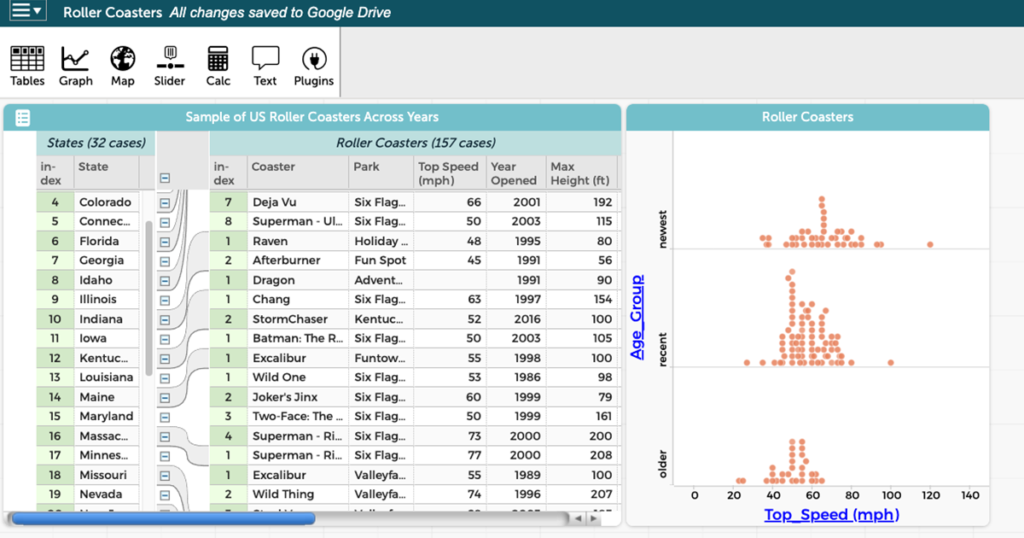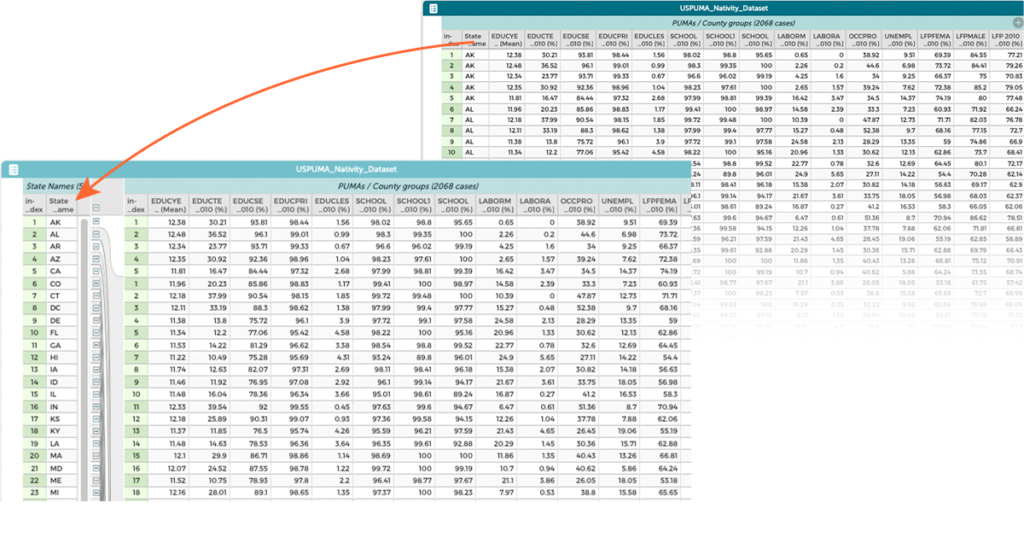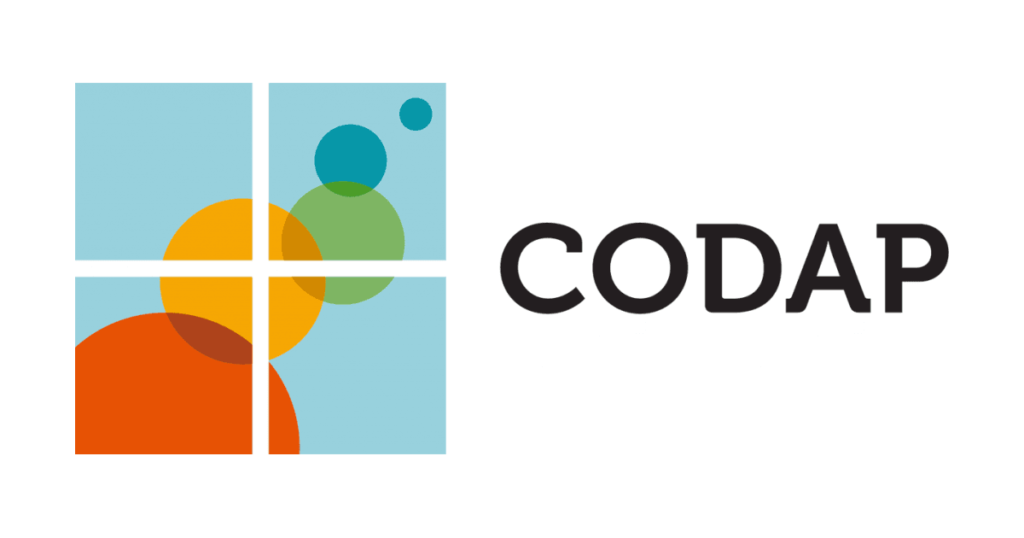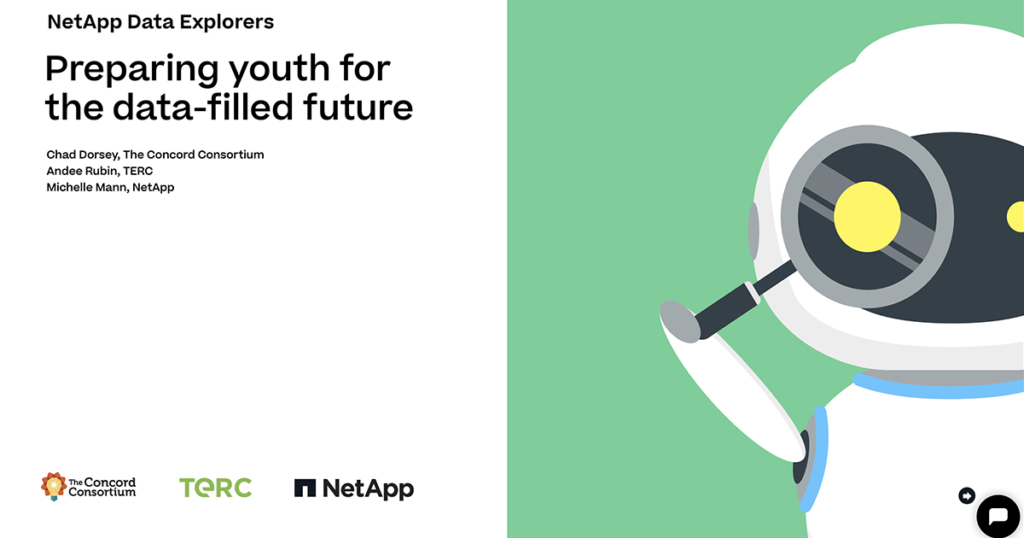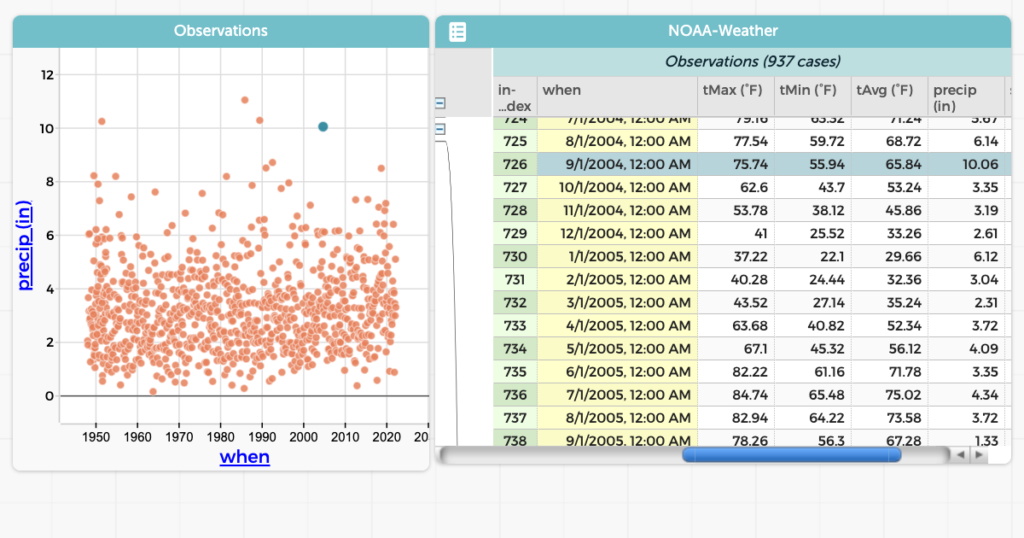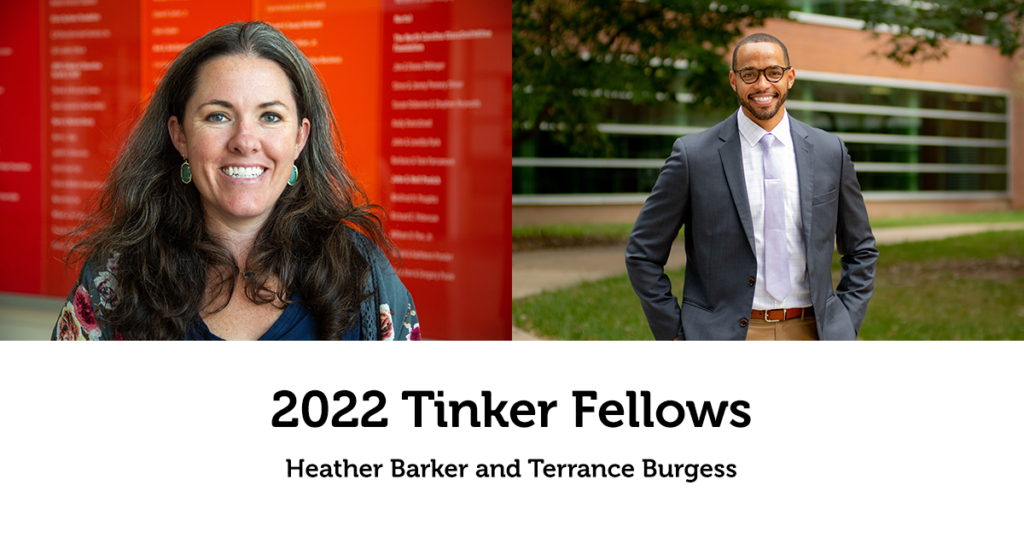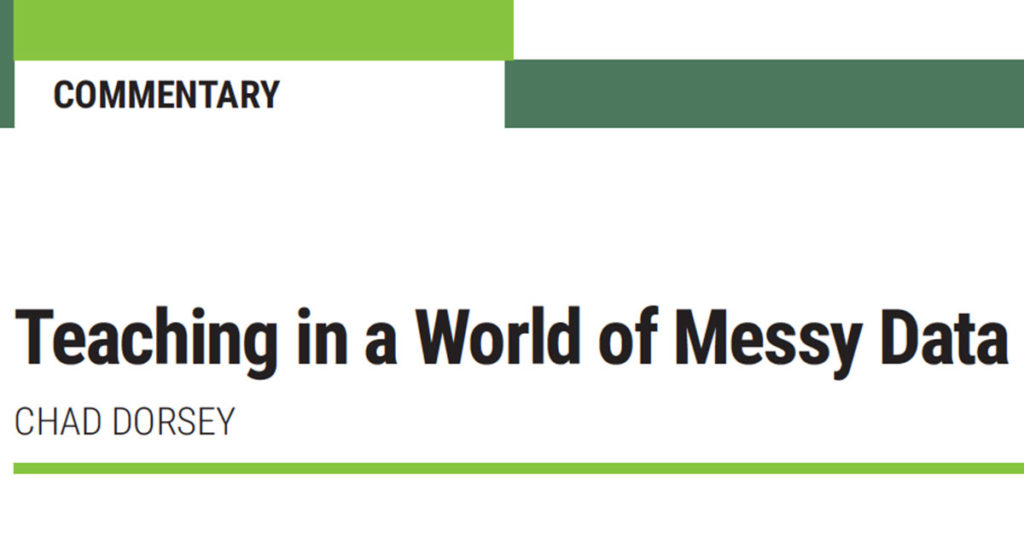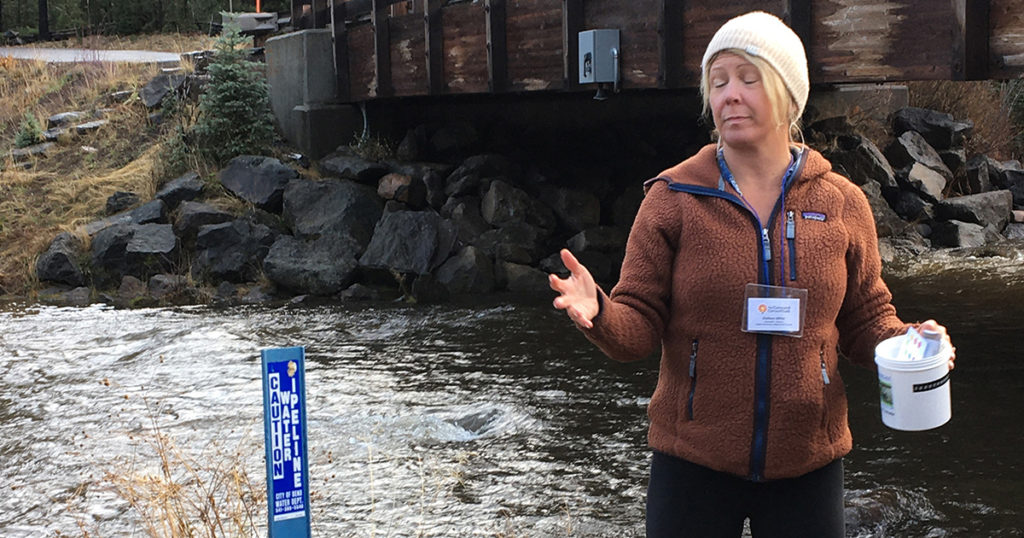Category: Data Science Education
We’re delighted to present the year in review with our top 10 highlights. 1. We Update Our Workspaces Most of our employees now work remotely much of the time. While we love to collaborate over Zoom, in Google Docs, and on GitHub and Pivotal Tracker, we also enjoy getting together in person, especially in our […]
We published a record number of publications in 2022, including 15 journal articles and a book chapter. From articles for educators to implement free resources to research articles to inform the field, we wrote about a wide range of topics, including data science education, artificial intelligence, geoscience education, game-based learning, and more. Most of the […]
Ask Hollylynne Lee and Gemma Mojica, the co-directors of the Hub for Research and Innovation in Statistics Education at the Friday Institute for Educational Innovation at NC State University, about their current goal for education and you’ll hear their very big plans: transform undergraduate teacher preparation in data science and statistics education. With the exponential […]
With a deluge of data — from data about climate change and the pandemic to data about town demographics and local energy use — it is increasingly vital that the public are able to make sense of data to inform their decisions. But datasets can be overwhelming, at least at first glance. For example, census […]
Devin Finzer learned the value of data exploration and visualization early. His father, Bill Finzer, led the Fathom Dynamic Data Software development team at KCP Technologies and has been leading the development of the Common Online Data Analysis Platform (CODAP) at the Concord Consortium since 2014. Thanks to Devin Finzer’s generous gift of nearly $2 […]
A new report details the successes of an afterschool program designed to engage and empower underrepresented teens in using data to explore issues of societal importance. Coauthored by Concord Consortium president and CEO Chad Dorsey, Andee Rubin of TERC, and Michelle Mann of NetApp, Preparing youth for the data-filled future (PDF) describes essential takeaways for […]
In the WeatherX project, a collaboration involving EDC, Mount Washington Observatory, the University of Washington, and the Concord Consortium, we engage middle school students with weather data and weather science. We concentrate on extreme weather, of which there is plenty on Mount Washington. But, of course, every part of the world experiences extreme weather at […]
The theme for this year’s Robert F. Tinker Fellows Program, which aims to promote innovation, creativity, and cross-disciplinary conversations, focuses on inclusion, equity, and access in STEM education. We are delighted to announce two Tinker Fellows in 2022. Heather Barker will create data exploration activities for students from middle grades through introductory statistics college courses […]
We published nine articles in researcher and teacher practitioner journals and one book chapter in 2021 that showcase innovations in STEM teaching and learning through technology. Learn how to design curricular materials that leverage digital tools for system modeling (#2), how to ensure powerful data learning experiences for all learners (#6), how to operationalize and […]
Over 100,00 miles of rivers and streams crisscross the state of Oregon, and it boasts more federally designated Wild and Scenic segments of river than anywhere else in the country. Water practically outlines the state with the Pacific Ocean on the west, the Columbia River defining much of the northern boundary with Washington, and the […]

